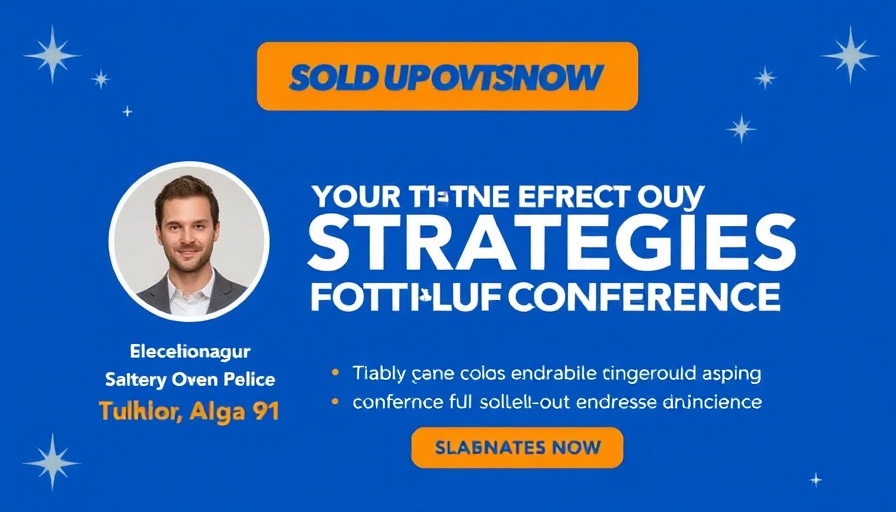
Cracking the Code: How Early Discounts Boost Sales
Ever wondered why some conferences effortlessly fill every seat while others scramble to get attendees? Ah, the secret sauce might just be in the timing of discounts. At the heart of the promo strategy for Ahrefs Evolve's sold-out success was the allure of savings. They offered early bird discounts that whispered sweet nothings to the tune of 'buy now or pay more later.' Running early-stage discounts to sidestep last-minute panic turned out to be a move of pure genius. Early bird pricing wasn’t just about slashing costs; it was about instilling a sense of FOMO and urgency. For those lurking indecisively, the promise of a good deal nudged them towards commitment. Group discounts also played their part, enticing agency crowds with the siren call of savings.
Your Event Landing Page: The Must-Visit Attraction
If discounts are the heartbeat of sales, your event landing page is the brain. This is your digital powerhouse, the one-stop hub showcasing everything potential attendees could dream of knowing. A well-thought-out page is where your guests will decide whether you're worth their time and money. The page boasted a full-fledged menu of event descriptions, agendas, and speaker lineups, but what makes it shine is seen in how this was also a living document, constantly refreshed with updates. SEO marketers should note that iterating on your event page as details roll in can enhance visibility on search engines, drawing curious minds to your doorstep. Make it a visual circus, complete with photos and videos of everything your venue offers.
The Power of Multi-Channel Promotion
In a world where a single post is a mere drip in a digital deluge, Ahrefs Evolve grasped the importance of omnichannel promotion. Regular social media updates across LinkedIn and X, peppered with personal touches from the team, created a buzz that was hard to ignore. Direct in-app messages and strategic email defenses were used to ensure no consumer escaped their event invite. With a snazzy 260,000 newsletter subscribers in tow, multiple email nudges sent the signal loud and clear: do not miss this event. It’s a delicate dance—where frequent reminders marry gentle persuasion without descending into spam.
Future Predictions and Trends: What’s Next in Event Marketing?
Ah, the million-dollar question: What does the future hold for event promotions? Trend forecasters predict that personalizing attendee experiences could be the next frontier. Utilizing AI to tailor communication and capturing the nuanced preferences of your potential visitors will skyrocket importance. The seamless blending of physical and virtual elements will continue to push boundaries, ensuring engagements remain vibrant in the digital age. Stay nimble, marketers! The battlefield of event promotion demands evolved strategies to maximize reach and impact.
Actionable Insights and Practical Tips for Aspiring Event Promoters
For the ambitious marketers among you itching to execute the perfect event promo, here’s some practical wisdom: prank callbacks from the greatest tricks played by Ahrefs. Offer enticing early bird discounts and watch commitment rates soar. Stake your claim early with a compelling landing page, and don’t shy away from using various channels to spread the word. But remember, quality. Over quantity. Space your messages, ensuring each one hits like a well-timed encore. And never underestimate the power of a carefully chosen image—visual hook, line, and sinker.
 Add Row
Add Row  Add
Add 




Write A Comment